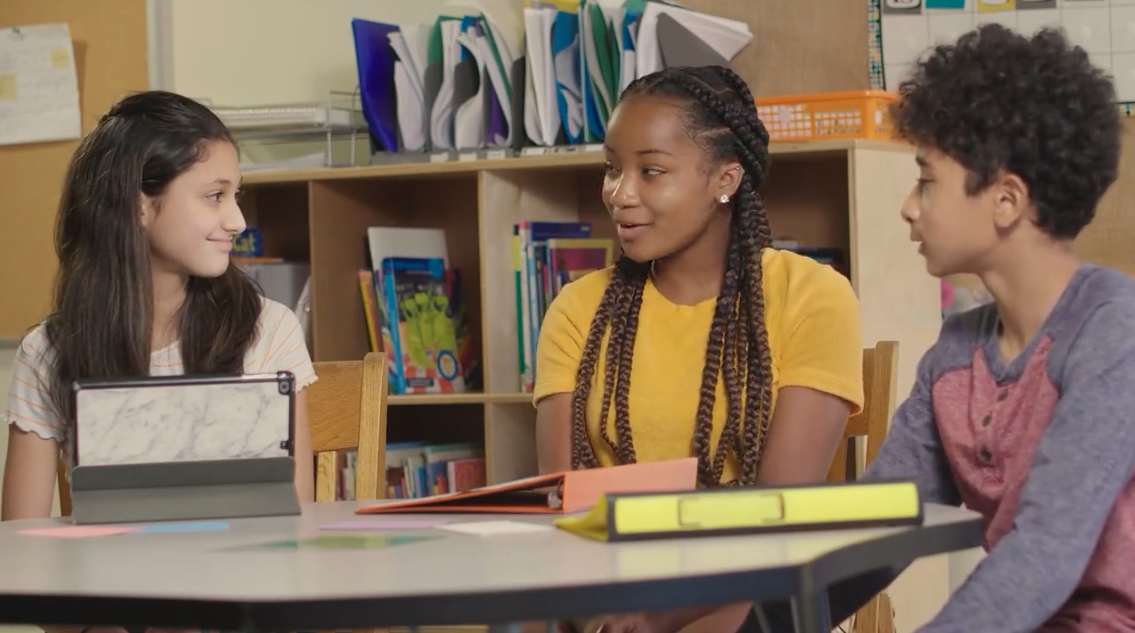
Introduction
Switching Tracks is a crucial skill that helps students adapt to change, particularly when working in groups. Change can be challenging, and unexpected alterations in plans can cause feelings of anxiety or upset. To better navigate these situations, students can practice Switching Tracks, which involves adjusting their thoughts and expectations, staying calm, and using kind words with group members. By applying these strategies, students improve their social-emotional learning and become more effective in group settings.
No-Prep Activity
To help students practice Switching Tracks, try this no-prep activity that requires no additional materials or preparation from the educator. Divide the class into small groups and assign each group a simple task, such as building a tower using classroom items or creating a story based on a given theme. As the groups work together, introduce unexpected changes to the task, such as altering the goal or introducing new constraints. Encourage students to practice Switching Tracks by staying calm, using kind words, and adjusting their expectations. After the activity, discuss the challenges faced and the strategies used to adapt to change.
Discussion Questions
- How did you feel when the unexpected changes were introduced during the activity? What strategies did you use to stay calm and adapt?
- Can you recall a real-life situation where you had to switch tracks in a group setting? How did you handle the change, and what could you have done differently?
- Why is it important to use kind words with group members, even when you’re feeling upset or frustrated?
- How does practicing Switching Tracks contribute to your overall social-emotional learning and growth?
- What other skills can help you become more effective when working in groups?
Related Skills
In addition to Switching Tracks, there are several other relevant skills that can help students improve their social-emotional learning and become more effective in group settings. Some of these skills include active listening, empathy, compromising, and assertive communication. By incorporating these skills into their daily interactions, students can enhance their ability to work collaboratively and handle change more effectively.
Next Steps
To further explore Switching Tracks and other valuable social-emotional learning skills, we encourage you to sign up for free samples of these skills and more at Everyday Speech. By incorporating these resources into your teaching, you can help your students develop the necessary skills to navigate the complexities of group dynamics and adapt to change with confidence.





